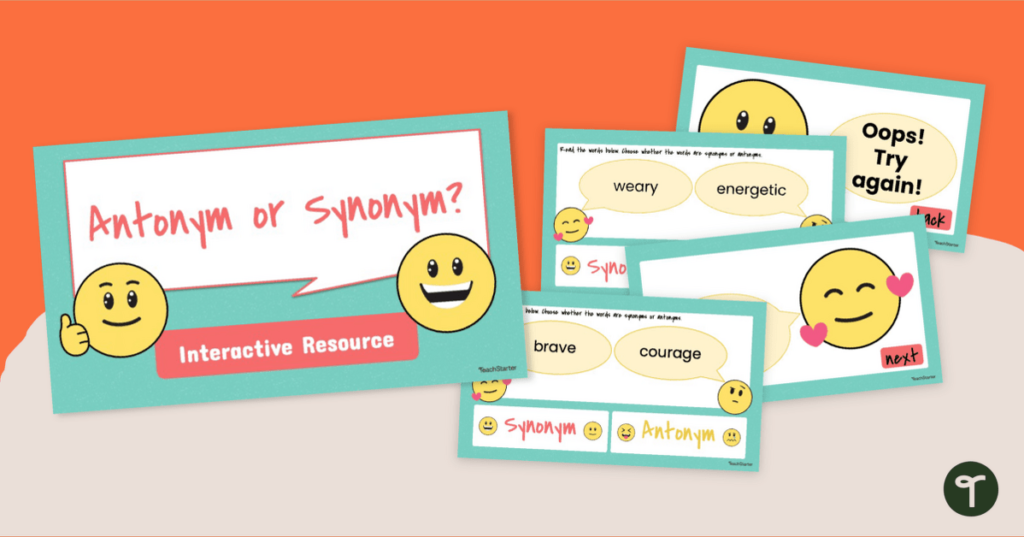Table of Contents
Introduction
Language is a powerful tool, and the words we choose can significantly impact how our messages are perceived. Synonyms, words with similar meanings, allow us to vary our language and express ourselves more precisely. In this comprehensive guide, we’ll explore the concept of the next step synonym delve into its importance in communication, and provide practical tips on how to effectively incorporate these synonyms into your writing and speech to enhance clarity, engagement, and impact.
Understanding Synonyms
Definition and Purpose: Synonyms are words that have the same or nearly the same meaning as another word. They provide linguistic flexibility, allowing us to avoid repetition, enrich our language, and convey nuances. For example, “happy” has synonyms like “joyful,” “content,” and “pleased,” each with slight variations in connotation.
The Concept of “Next Step Synonym”: The next step synonym refers to a synonym that not only substitutes a word but also enhances the clarity or sophistication of the expression. It’s about finding a synonym that takes your communication to the next level, improving precision and resonance.
The Importance of Using Synonyms
Avoiding Repetition: Repeating the same words can make writing monotonous and tedious. Using synonyms helps maintain reader interest by providing variety. For instance, instead of repeatedly using “important,” you might use “crucial,” “vital,” or “essential.”
Enhancing Clarity and Precision: Different synonyms can convey subtle differences in meaning, helping you communicate more precisely. For example, “big” and “huge” both denote large size, but “huge” suggests a larger scale.
Improving Engagement: A varied vocabulary can make your writing more engaging and dynamic. It shows that you have a command of language and can articulate ideas in multiple ways, which is particularly valuable in persuasive or descriptive writing.
Adapting to Different Audiences: Different contexts and audiences require different language styles. Using synonyms allows you to tailor your language to suit formal or informal settings, technical or general audiences, and different cultural contexts.
Practical Tips for Using Next Step Synonyms
Identify the Core Meaning: Before selecting a synonym, ensure you understand the core meaning of the original word. This will help you choose a synonym that accurately conveys the intended message.
Consider Connotations and Nuances: Different synonyms carry different connotations. For example, “cheap” and “affordable” both mean low-cost, but “cheap” can imply poor quality, while “affordable” has a positive connotation. Choose synonyms that align with the desired tone and nuance.
Use Thesauruses and Synonym Finders: Tools like thesauruses and online synonym finders can be invaluable resources. However, always cross-check the synonym in a dictionary to ensure it fits the context correctly.
Read Widely and Practice: Reading diverse genres and styles of writing exposes you to a broader vocabulary. Practice using synonyms in your writing and speech to become more comfortable with their application.
Context is Key: Always consider the context in which you’re using a synonym. Some synonyms may be appropriate in casual conversation but not in formal writing, and vice versa.
Examples of Next Step Synonyms in Different Contexts
Academic Writing
Original: “The study is important for understanding climate change.”
Enhanced: “The study is crucial for understanding climate change.”
Business Communication
Original: “We need to improve our marketing strategies.”
Enhanced: “We need to refine our marketing strategies.”
Creative Writing
Original: “The sunset was beautiful.”
Enhanced: “The sunset was breathtaking.”
Everyday Conversation
Original: “I am very tired.”
Enhanced: “I am utterly exhausted.”
Synonyms and Tone
Formal vs. Informal: Choosing the right synonym can help you adjust the tone of your communication. For example, in a formal report, you might use “discrepancy” instead of “difference,” while in casual conversation, “difference” might be more appropriate.
Positive vs. Negative: Synonyms can also help you convey positive or negative sentiments subtly. For example, “assertive” has a more positive connotation than “aggressive,” though both imply a strong stance.
Challenges and Missteps
Overuse of Complex Synonyms: While using sophisticated synonyms can enhance your language, overuse can make your writing seem pretentious or difficult to understand. Balance is key.
Misunderstanding Nuances: Choosing a synonym without fully understanding its nuance can lead to miscommunication. Always ensure the synonym fits the context and meaning you intend to convey.
Cultural Differences: Be mindful of cultural differences in language use. A synonym that is appropriate in one culture may not be suitable in another.
Expanding Your Vocabulary
Engage in Regular Reading: Regularly reading books, articles, and other written materials exposes you to new words and phrases. Pay attention to how different authors use synonyms to convey various meanings.
Use Vocabulary-Building Tools: Tools like flashcards, vocabulary apps, and word-of-the-day subscriptions can help you learn and retain new synonyms.
Practice Writing and Speaking: Regular practice is essential for incorporating new synonyms into your active vocabulary. Write essays, journal entries, or even social media posts using new words you’ve learned.
Conclusion
Incorporating next step synonym into your vocabulary is more than just a linguistic exercise; it’s a powerful way to enhance your communication skills. By carefully selecting synonyms that elevate your language, you can avoid repetition, convey precise meanings, and engage your audience more effectively. Whether you’re writing an academic paper, delivering a business presentation, or engaging in everyday conversation, the strategic use of synonyms will help you articulate your ideas clearly and persuasively. Embrace the richness of language, explore the depths of your vocabulary, and take your communication to the next level with the artful use of synonyms.
For More Information Please Visit These Websites Viprow And Vecteezy

